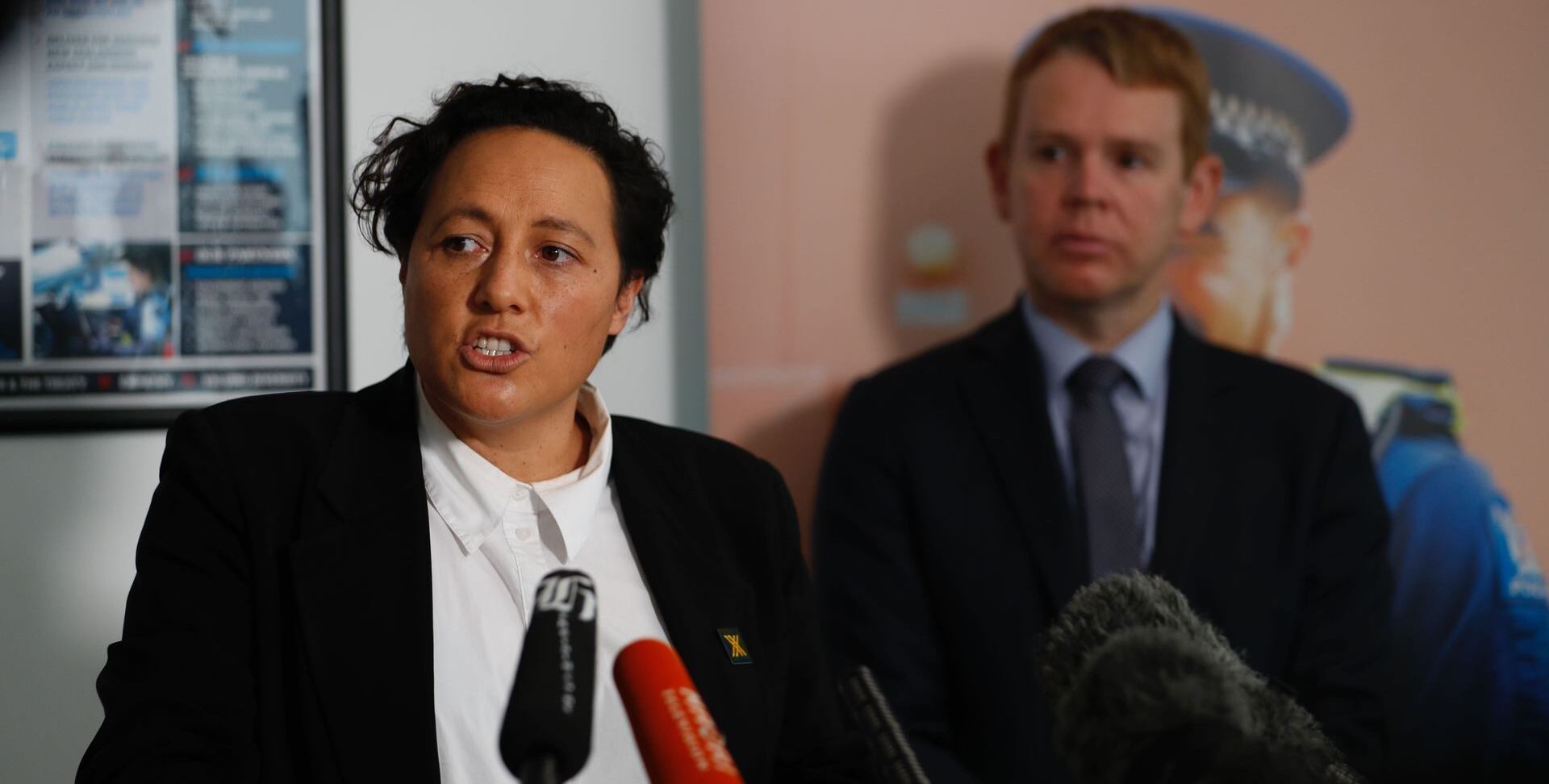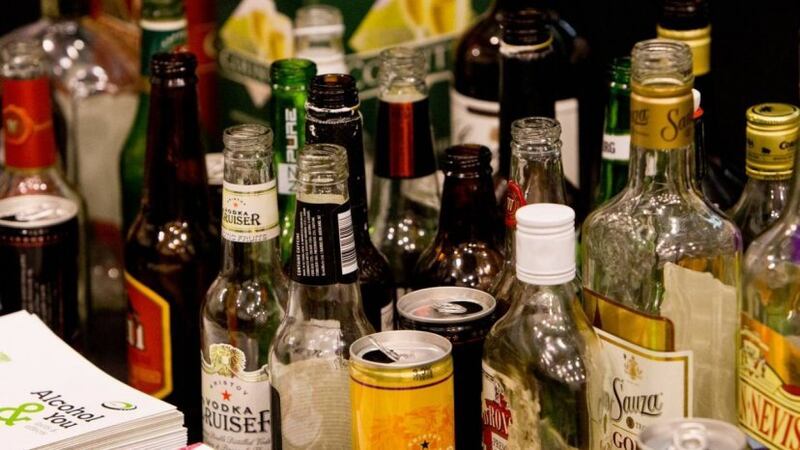Māori academics and hauora organisations are calling for greater consultation as the government looks to rejig alcohol laws.
"This is the most harmful legal drug that sits within Aotearoa New Zealand. We just came off the back of two-and-a-half, three years, of putting health first in our Covid response.” Hāpai te Hauora chief executive Selah Hart.
“Why aren't we doing the same with alcohol?"
The calls come as Green MP Chlöe Swarbrick’s Sale and Supply of Alcohol (Harm Minimisation) Amendment Bill is being tabled in parliament.
The bill would prevent bottle shops and supermarkets appealing council’s desires to restrict the numbers of new alcohol outlets in a region, a store’s operating hours, and where they can be located, as well as banning alcohol producers sponsoring sports teams and advertising during sports broadcasts.
Kristen Maynard (Rongowhakaata, Ngāti Porou, Ngāti Kahungunu, Ruapani) a researcher at Wellington University says the legislation needs to go further, allowing mana whenua to have a say on where booze retailers can go too.
"I think it's really critical that they participate effectively because in that process, you're able to determine the amount of alcohol outlets in there, which is really, really important, because typically there's a high proliferation in high Māori-populated areas," Maynard told RNZ
One in five respondents to a 2021 Alcohol Healthwatch (Whakatūpato Waipiro) survey aged 15 and over reported a ‘hazardous drinking pattern’.

Justice Minister Kiritapu Allan said while she supports the measures in the bill more generally, the government is assembling a broader package of reforms to alcohol sale. Photo / NZME
Māori, Pasifika and those living in the poorest neighbourhoods were disproportionately affected by alcohol according to the report, with death rates from alcohol among Māori more than twice that of non-Māori.
As part of its ongoing Hauora enquiry, the Waitangi Tribunal heard several complaints earlier this year about the unfair impact of alcohol policy on Māori communities.
One claim was made by the chair of the Kookiri ki Taamakimakaurau Trust and Ōtara Māori Warden Rawiri Raatu, who claimed that the country's alcohol laws violated the Treaty by omitting measures like raising the drinking age or the price of alcohol.
Maynard expressed frustration at what she believed was the Crown's sluggishness in the face of overwhelming evidence for reform.
"I mean, the Law Commission recommended a number of these evidence-based policies, it's only been strengthened by the reports today, and these policies ... have the potential to reduce both harm and inequity and yet nothing has happened since," Maynard said.

Green MP Chlöe Swarbrick’s Sale and Supply of Alcohol (Harm Minimisation) Amendment Bill is being tabled in parliament. Photo / NZME
National and ACT say they will vote down the Swarbrick reform when it goes before parliament.
The Green Party and Labour would have enough votes to pass the bill, however MPs will be allowed to vote on conscience, meaning it hangs in the balance.
Last month Justice Minister Kiritapu Allan (Ngāti Ranginui, Tūwharetoa) said while she supports the measures in the bill more generally, she will vote it down because the government is assembling a broader package of reforms.
Maynard says she hopes a broader package will put Māori at the forefront.
“It's important that Māori are able to influence that process."


